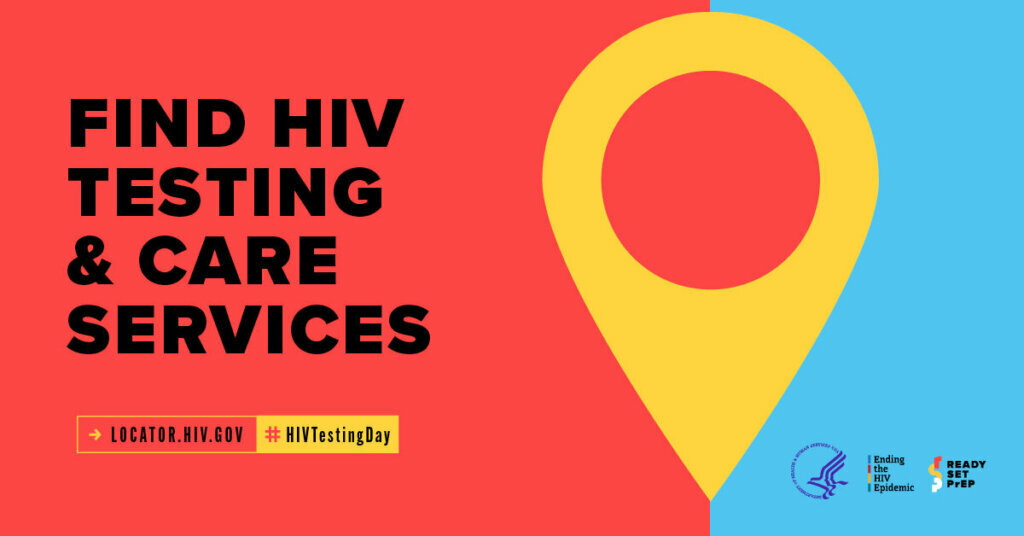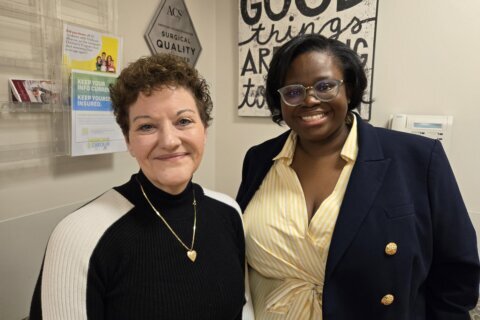
Much like with the new coronavirus, there’s no vaccine to protect against HIV/AIDS, and 1 in 7 people with HIV don’t know they have it. But getting diagnosed early can make a critical difference.
“If you’ve had sex with a person who’s had sex with another, different person, you should be tested for HIV infection,” said Dr. Laura W. Cheever, Sc.M., physician and associate administrator at the HIV/AIDS Bureau of the Health Resources and Services Administration.
Cheever said there’s no downside to an early diagnosis.
“If you are found to have HIV and you get on medication, you can live a near normal life span. And, if you’re taking your medication every day and are able to suppress your viral load, you have effectively no risk of transmitting HIV to someone else,” Cheever said.
It’s best to get tested and diagnosed early in your infection before you start experiencing symptoms.
If you’re interested in getting tested and don’t have a regular doctor or are too embarrassed to discuss it with your doctor, you can find free or low-cost testing by ZIP code at HIV.gov.
It’s also easy to find and get treatment.
“Put in your ZIP code under the ‘find a provider’ link and find HIV care in your neighborhood or in your community that’s no or low cost to you, if you can’t afford it on your own,” Cheever said.
“Treatment is available at no cost or little cost for people who are living with HIV in this country who do not have health insurance or can’t afford the copays or deductibles. That’s through the Ryan White HIV/AIDS Program.”
People who test negative for HIV but may be at risk can start PREP, which is taking one pill once a day to reduce the risk of getting HIV.








